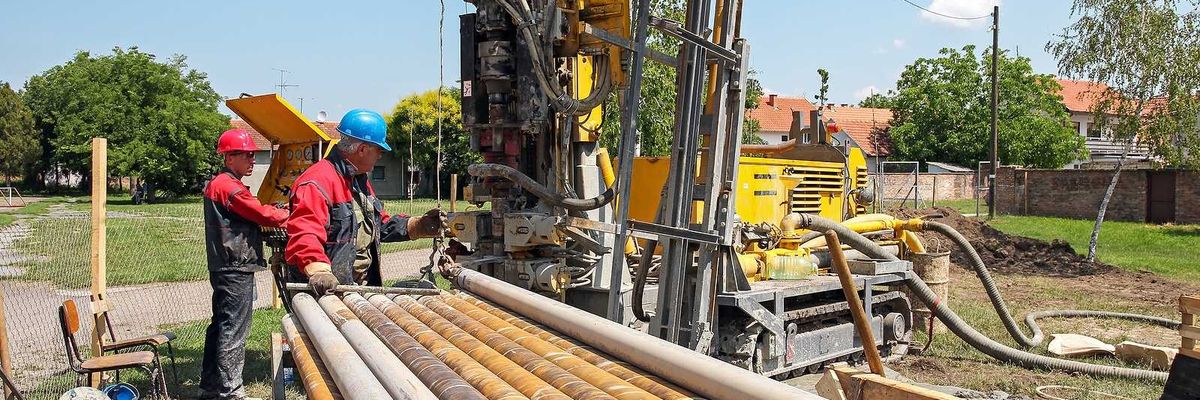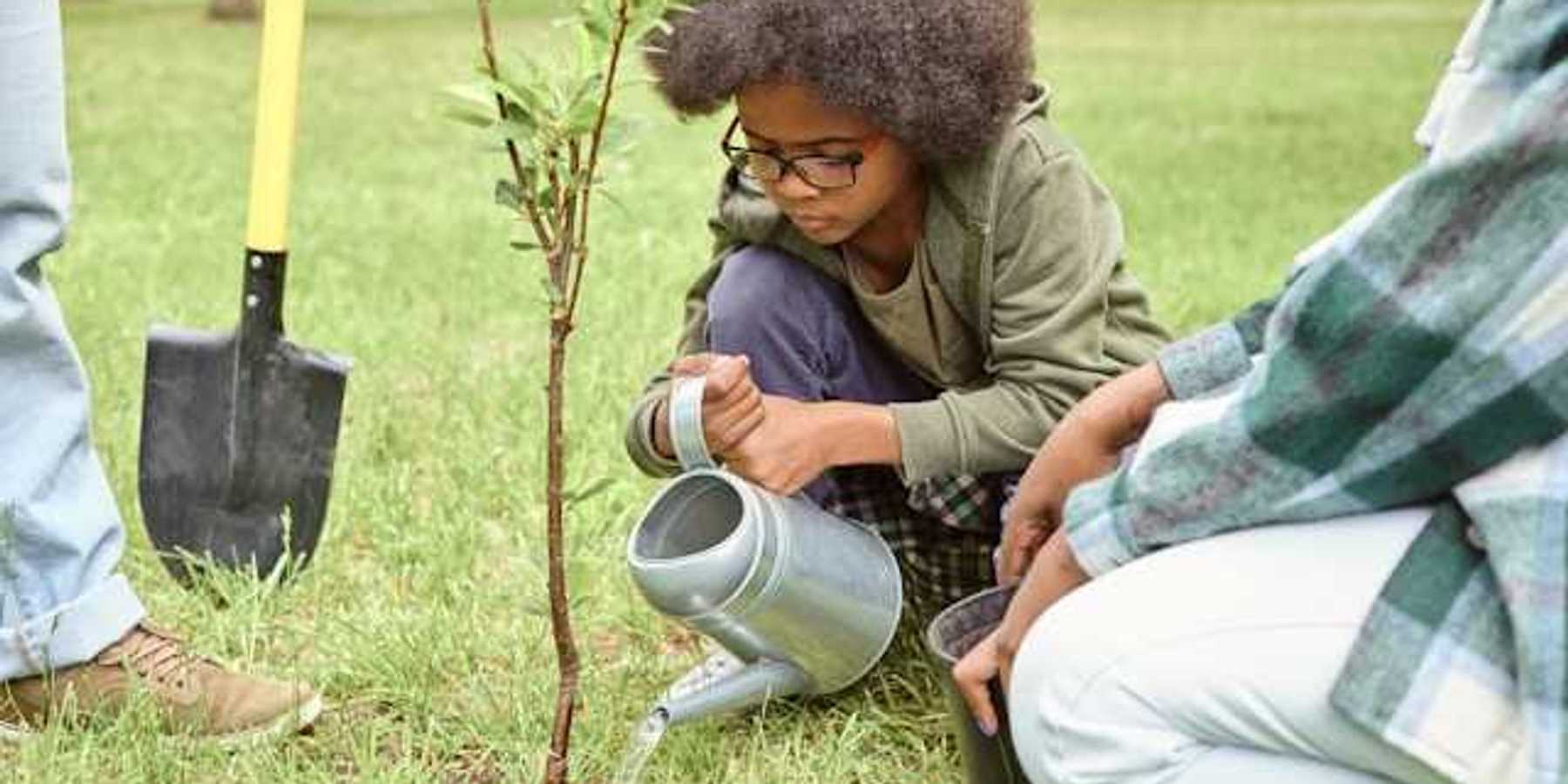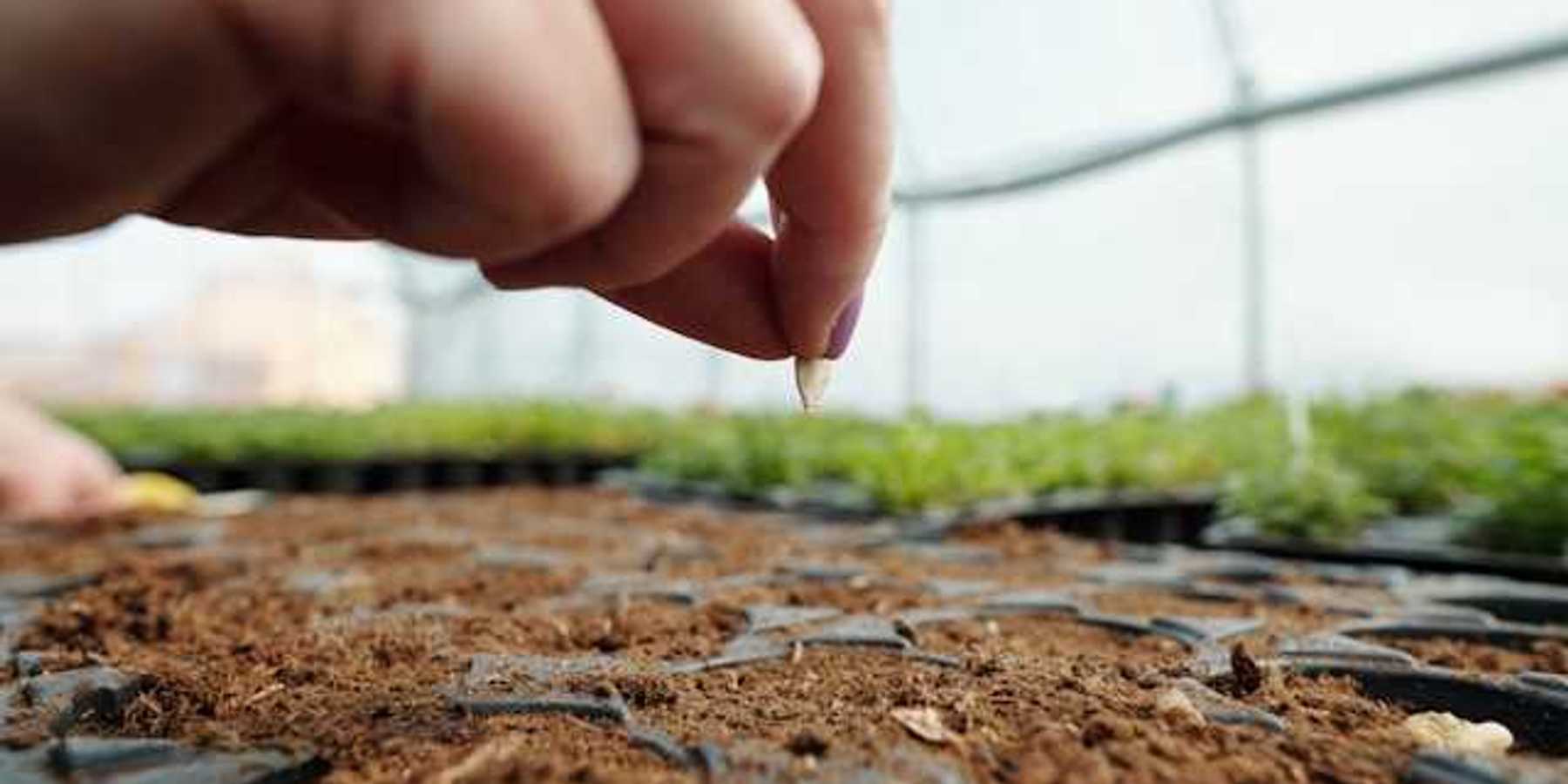illness
Richmond's Black community faces high heat-related illness rates
Black residents in Richmond suffer disproportionately from heat-related illnesses, with many incidents occurring near cooling centers.
In short:
- A GeoHealth report reveals Black people in Richmond experience more heat-related health issues than other groups.
- Historical lack of investment in Black neighborhoods contributes to higher temperatures and fewer cooling options.
- Many heat-related incidents occur within walking distance of cooling centers, highlighting accessibility issues.
Key quote:
"Spending just a few hours at a cooling center can help prevent heat-related illnesses, but a lot of Richmonders might not know these cooling centers exist or they might not have a safe way to get there."
— Peter Braun, a built environment policy analyst with the Richmond and Henrico Health District
Why this matters:
Urban heat islands and climate change worsen health disparities, particularly in underinvested communities. Black residents, who often live in areas with fewer green spaces and more heat-retaining concrete, are particularly vulnerable. Their neighborhoods frequently lack adequate tree cover and are dotted with aging infrastructure that exacerbates the urban heat island effect. This environmental injustice leads to higher temperatures in these areas, compounding the health risks for the community.
Increasing emergency room visits due to heat illness in 2023
Last year saw a significant rise in ER visits related to heat illnesses across the U.S., a CDC study finds.
In short:
- Data from 2023 shows a notable increase in heat-related illnesses, primarily from May to September, with nearly 120,000 recorded ER visits.
- Southern states, particularly Arkansas, Louisiana, New Mexico, Oklahoma and Texas, experienced the highest rates of heat-related visits.
- Men and adults aged 18-64 were the most affected groups, suggesting specific demographic vulnerabilities to heat effects.
Key quote:
"The heat you were asked to manage 10 years ago is not the heat you’re being asked to manage today."
— Kristie L. Ebi, University of Washington professor
Why this matters:
Heat illnesses range from mild conditions like heat rash and heat cramps to more severe forms such as heat exhaustion and heat stroke, the latter of which can be life-threatening. Those who work outdoors can be particularly vulnerable. Urban areas are particularly vulnerable due to the "urban heat island" effect, where buildings and roads absorb and re-emit the sun’s heat more than natural landscapes such as forests and bodies of water. This can make cities several degrees warmer than their rural surroundings, increasing the risk of heat-related illnesses for city dwellers.
For more: Worsening heat waves are hammering the disabled community.
Ecuador's Indigenous communities face pollution's heavy toll
In Ecuador, the Indigenous communities confront a grim reality as pollution and illness shadow their lives.
In short:
- Indigenous communities in Ecuador suffer from environmental pollution and health issues due to decades of oil exploitation by companies like Texaco, now Chevron.
- The pollution has led to a rise in cancers and other diseases among the local population, with legal battles against Chevron yielding little relief.
- Despite Chevron's claims of remediation, the affected communities continue to face severe environmental and health crises, with limited support from the Ecuadorian government.
Key quote:
"In a'ingae, my native language, the words oil, contamination, and cancer did not exist until Texaco arrived on our lands."
— Don Arturo, elder of the A'i Kofán Siangoé community
Why this matters:
Legal actions launched against oil companies and state agencies have aimed to address violations of constitutional rights to clean water, health, food, and nature. However, the process has been slow, and communities have expressed frustration with the lack of accountability and support from the state and the companies involved.
Be sure to listen to Dr. Carlos Gould on the Agents of Change in Environmental Justice podcast, discussing global energy poverty and indoor air pollution.
How climate change is fueling alcohol-related hospitalizations
Many studies have shown that climate change threatens alcohol production around the world, from vineyards in France to whiskey distilleries in Scotland. Now there’s alarming evidence that climate change affects hospitalizations for alcohol consumption, too.
Here’s what the Great Salt Lake’s dust is doing to our bodies
Dust pollution is the first problem to emerge from a desiccated terminal lake, said Kevin Perry, an atmospheric scientist at the University of Utah, and will be the last to be solved.
Climate change: UN calls for radical changes to stem warming
The BBC's Matt McGrath describes a review of action on climate since the Paris agreement calling for an end to fossil fuels without carbon capture.
In a nutshell:
In the first global review since the 2015 Paris agreement, a UN report calls for radical decarbonization efforts to combat climate change. While acknowledging progress, it emphasizes the need to rapidly phase out fossil fuels without carbon capture, expand renewable energy sources, halt deforestation by 2030 and transition to electric vehicles. The report stresses that system transformation is essential, impacting energy production, transportation, work and food production. It also calls for increased financing to meet climate goals and is expected to influence discussions at the upcoming COP28 global climate talks in Dubai.
Key quote:
The report states: "Either we transform society in a way that avoids the worst of climate change, or climate change will transform society for us, in ways that are difficult to foresee but likely not to be very pleasant."
The big picture:
Unchecked fossil fuel emissions pose substantial health risks due to their role in driving climate change and its associated health impacts. The combustion of oil, gas and coal releases carbon dioxide, a major contributor to climate change. Elevated CO2 levels can lead to rising global temperatures, exacerbating heat-related illnesses and causing more frequent and severe heatwaves. The resulting climate changes can disrupt ecosystems, affecting air and water quality and potentially increasing the prevalence of respiratory diseases and other health issues.
Read the story at the BBC.
Learn more: In 2021, more than 500 environmental and community groups called on US and Canadian leaders to abandon efforts to capture carbon emissions from fossil fuels and work harder to curb fossil fuel use in the first place.
With climate change, health care providers should be more mindful of heat-related illness, doctors say
As the planet warms and more of the United States faces record high temperatures and unprecedented levels of heat exposure, health care providers say now is the time for medical systems to be proactive.









